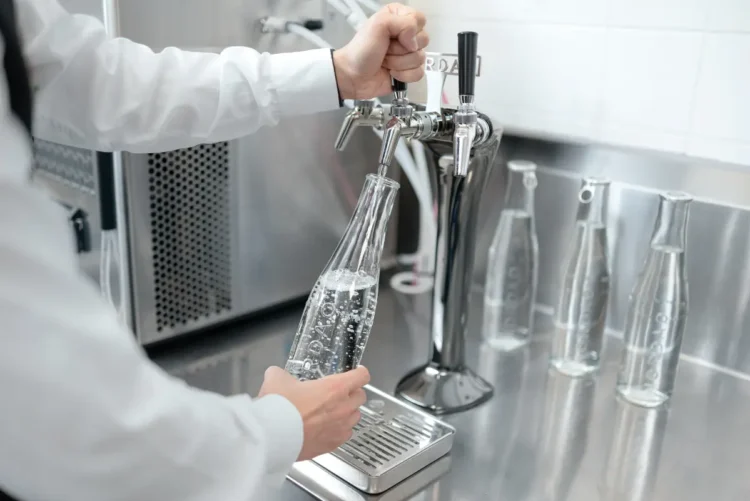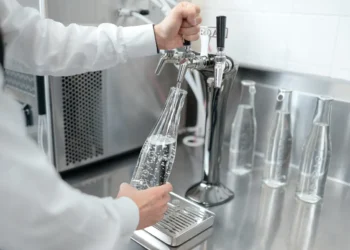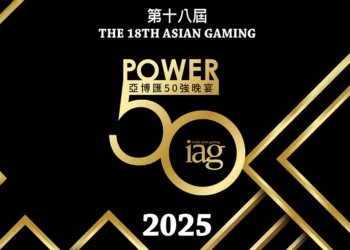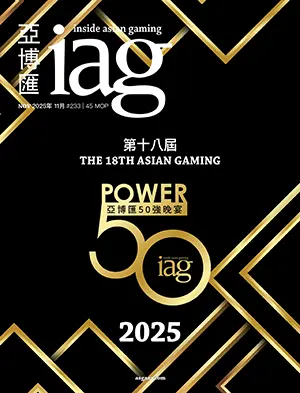Melco Resorts & Entertainment continues to implement a raft of new and innovative green initiatives around its culinary offerings in a bid to reduce waste and achieve aggressive sustainability targets.
Melco Resorts & Entertainment in Macau has emerged as a trailblazer in sustainable practices, showcasing an impressive range of eco-friendly initiatives centered on its rich culinary offerings. Leading the charge, Melco was one of the pioneers in Macau to introduce the NORDAQ water filtration system at its flagship City of Dreams resort back in 2020, and it has since expanded this innovative initiative to its properties in Manila and Cyprus. Remarkably, this system has eliminated the need for approximately 16.5 million single-use plastic bottles each year since implementation.
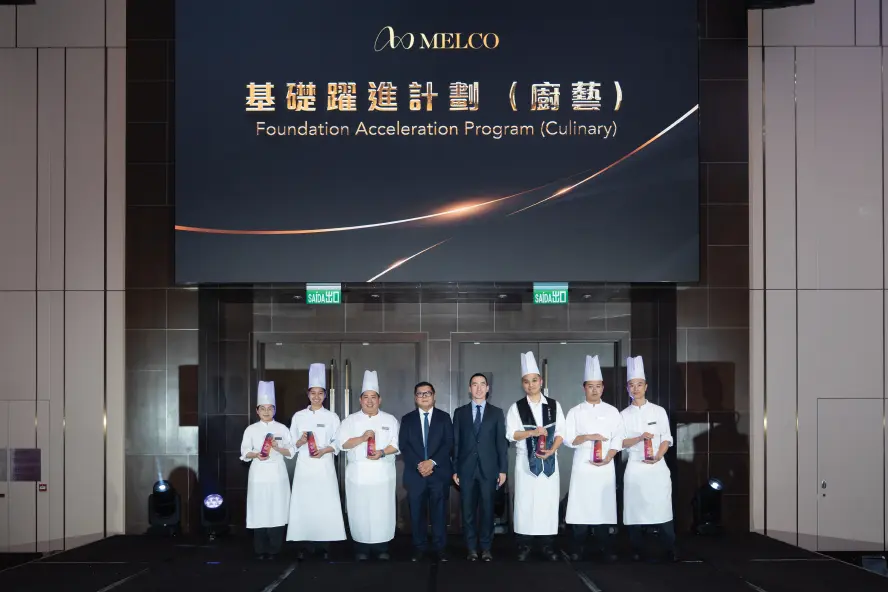 Food waste is similarly important, with the company addressing this global issue by launching “Clean Plate Challenges” for colleagues. Melco last year introduced the concept as a competition by way of weekly challenges which saw average participation rates of between 86% and 97% across City of Dreams, Studio City and Altira Macau.
Food waste is similarly important, with the company addressing this global issue by launching “Clean Plate Challenges” for colleagues. Melco last year introduced the concept as a competition by way of weekly challenges which saw average participation rates of between 86% and 97% across City of Dreams, Studio City and Altira Macau.
As a result, plate waste has reduced by 9% across its Macau and Manila properties compared to the previous year. In addition, Melco engaged its teams with a weekly Waste Separation Game Booth, where colleagues could showcase their recycling skills for a chance to win prizes after demonstrating they had cleaned their plates. To further combat food waste, Melco has invested in on-site composters transforming over 1,000 tons of food waste into nutrient-rich compost since 2020, which then supports the landscaping across properties. In 2025, Macau properties have donated excess compost to a local partner to support their community garden.
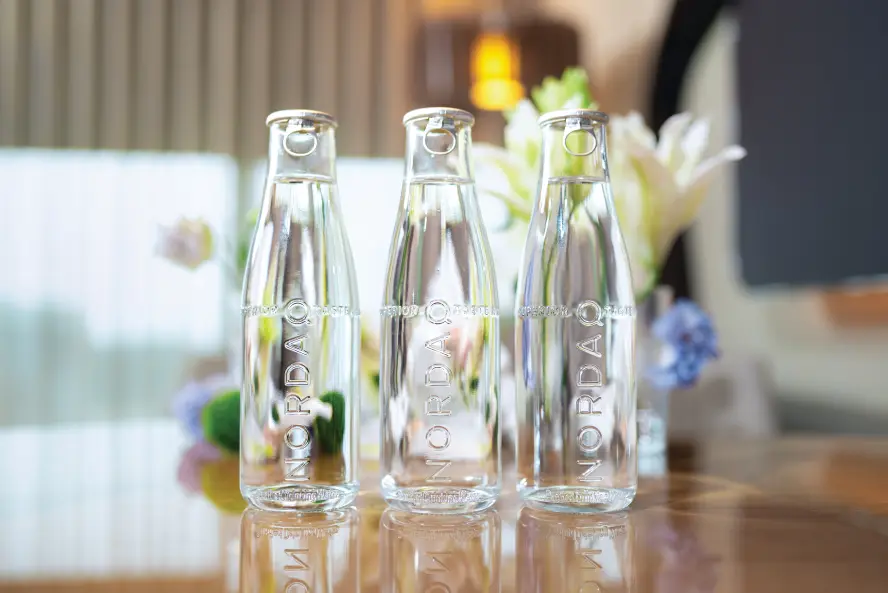 Melco’s sustainability practices also extend to the sourcing of food, including fish and seafood items. Noting that healthy freshwater and marine ecosystems support biodiversity, produce oxygen and regulate the climate, making their protection critical, the Macau concessionaire has since 2019 worked with its chefs to refine menus for guests and colleagues while engaging suppliers to provide produce that meets the company’s Sustainable Seafood Sourcing Guidelines.
Melco’s sustainability practices also extend to the sourcing of food, including fish and seafood items. Noting that healthy freshwater and marine ecosystems support biodiversity, produce oxygen and regulate the climate, making their protection critical, the Macau concessionaire has since 2019 worked with its chefs to refine menus for guests and colleagues while engaging suppliers to provide produce that meets the company’s Sustainable Seafood Sourcing Guidelines.
These guidelines prioritize seafood certified to internationally recognized schemes and support suppliers collaborating with local, small-scale fisheries to adopt sustainable practices.
In 2024, 18% of seafood purchased by weight across Melco’s properties globally came from sustainable sources.
Earlier this year, Melco announced that it had achieved its goal of sourcing 100% cage-free eggs across its global portfolio – a critical step in sustainable sourcing and procuring responsible food and beverage items that support local farmers, harvesters, fisheries and food producers, as well as those that promote animal welfare.
Cage-free eggs are produced by hens that are free to roam in barns and natural environments rather than being confined to small cages. Research shows that cage-free eggs not only are produced under more humane conditions but also present reduced food safety risks compared to caged eggs.
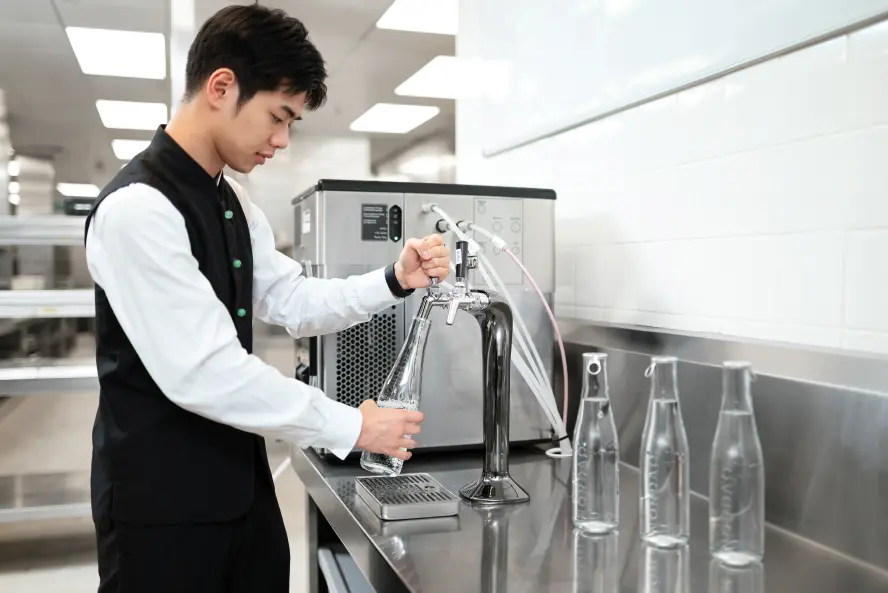 Melco’s move towards cage-free eggs began in 2020 as part of the company’s efforts towards restoring the environment, inspiring its people and communities, sustaining its supply chain and empowering its business to impact positive change. Partnering with the Lever Foundation, an NGO that works to create a more humane and sustainable protein supply in Asia, Melco said it works with local distributors to secure a sufficient and reliable supply and create economies of scale to facilitate the switch to cage-free eggs.
Melco’s move towards cage-free eggs began in 2020 as part of the company’s efforts towards restoring the environment, inspiring its people and communities, sustaining its supply chain and empowering its business to impact positive change. Partnering with the Lever Foundation, an NGO that works to create a more humane and sustainable protein supply in Asia, Melco said it works with local distributors to secure a sufficient and reliable supply and create economies of scale to facilitate the switch to cage-free eggs.
“We believe small actions, when scaled, can make a significant impact,” said Melco’s Chairman and CEO, Lawrence Ho.
“This achievement reflects our deeper ambition to embed sustainability into procurement. We will continue to take a closer look at how we source, who we work with and where we can do better – pushing for greater transparency, strengthening commitments across key categories and deepening engagement with suppliers.”
Likewise, Melco’s efforts to reduce the consumption of SUPs (single-use plastics) have extended well beyond the NORDAQ water filtration system. The company established in 2022 a “Problematic Plastic Inventory” under guidelines set forth by the Global Tourism Plastics Initiative (GTPI) and subsequently mapped a 2025 roadmap to address 15 priority items across GTPI’s three categories.
These, Melco explained, range from hard-to-replace items like disposable gloves and cling film to water bottles.
“Today, our NORDAQ system enables us to proudly serve filtered water in refillable glass bottles in all guest rooms of our integrated resorts globally,” it said.
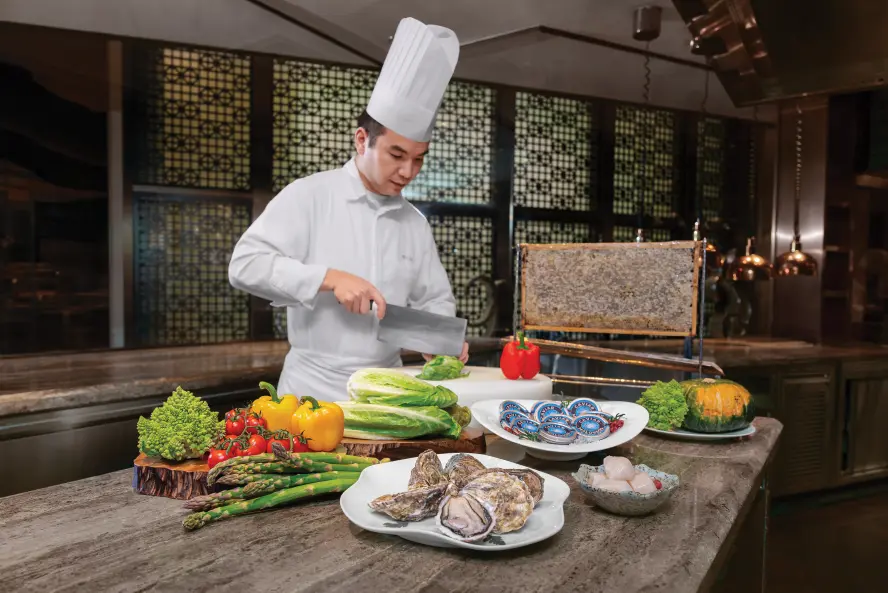 To communicate the message of food waste reduction and the importance of sustainable sourcing further, Melco’s latest initiative saw it host in October the “Melco Sustainability Culinary Competition 2025” to promote ethical and sustainable culinary practices among colleagues. The event saw 30 chefs from across the company’s integrated resorts compete in categories including Western Cuisine, Chinese Cuisine and Desserts.
To communicate the message of food waste reduction and the importance of sustainable sourcing further, Melco’s latest initiative saw it host in October the “Melco Sustainability Culinary Competition 2025” to promote ethical and sustainable culinary practices among colleagues. The event saw 30 chefs from across the company’s integrated resorts compete in categories including Western Cuisine, Chinese Cuisine and Desserts.
The competition challenged participants to create innovative dishes using sustainable ingredients and cooking methods. Grouped in pairs, participants were judged by internal chefs and members of Melco’s sustainability team on taste, presentation, ingredient choices and sustainability knowledge.
The competition’s dishes showcased the chefs’ talent – from their carefully sourced ingredients ranging from sustainably sourced seafood, local seasonal produce and cage-free eggs, to their innovative cooking techniques that minimized waste.
In its 2024 Sustainability Report, Melco said, “Doing less harm isn’t enough – we aim to drive real change by cutting waste and emissions while embedding sustainability across our business through our RISE sustainability strategy (Restoring our world, Inspiring our communities, Sustaining our supply chain, Empowering our business).
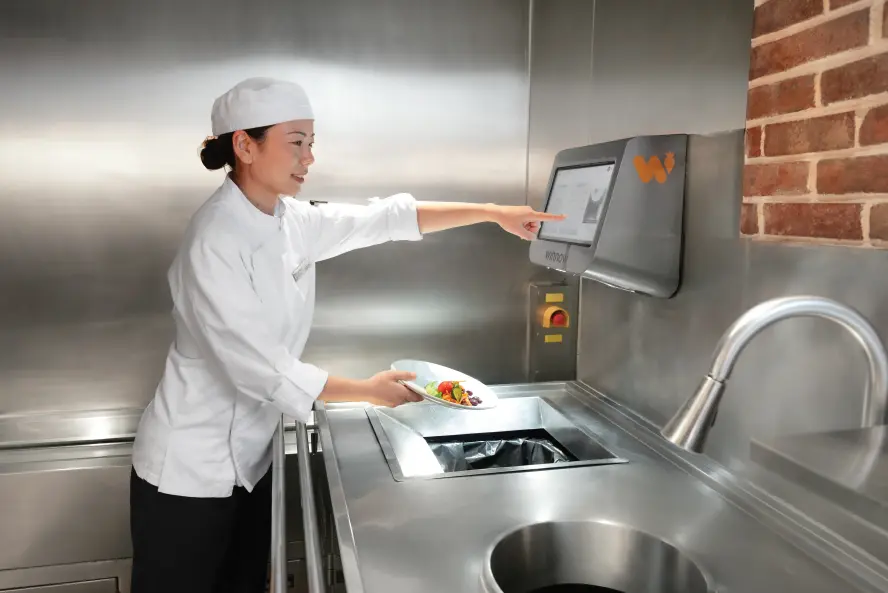 “While the world navigates geopolitical uncertainty, we continue to stay the course in addressing the global threats of climate change, resource depletion, pollution and biodiversity loss.
“While the world navigates geopolitical uncertainty, we continue to stay the course in addressing the global threats of climate change, resource depletion, pollution and biodiversity loss.
“We are motivated by our longstanding commitment to inspire our stakeholders to collaborate to achieve a better, sustainable future for all. Achieving carbon neutrality and zero waste across our operations, and contributing to a circular economy, are the overarching ambitious goals we set in 2019 to progress our actions towards 2030.”






